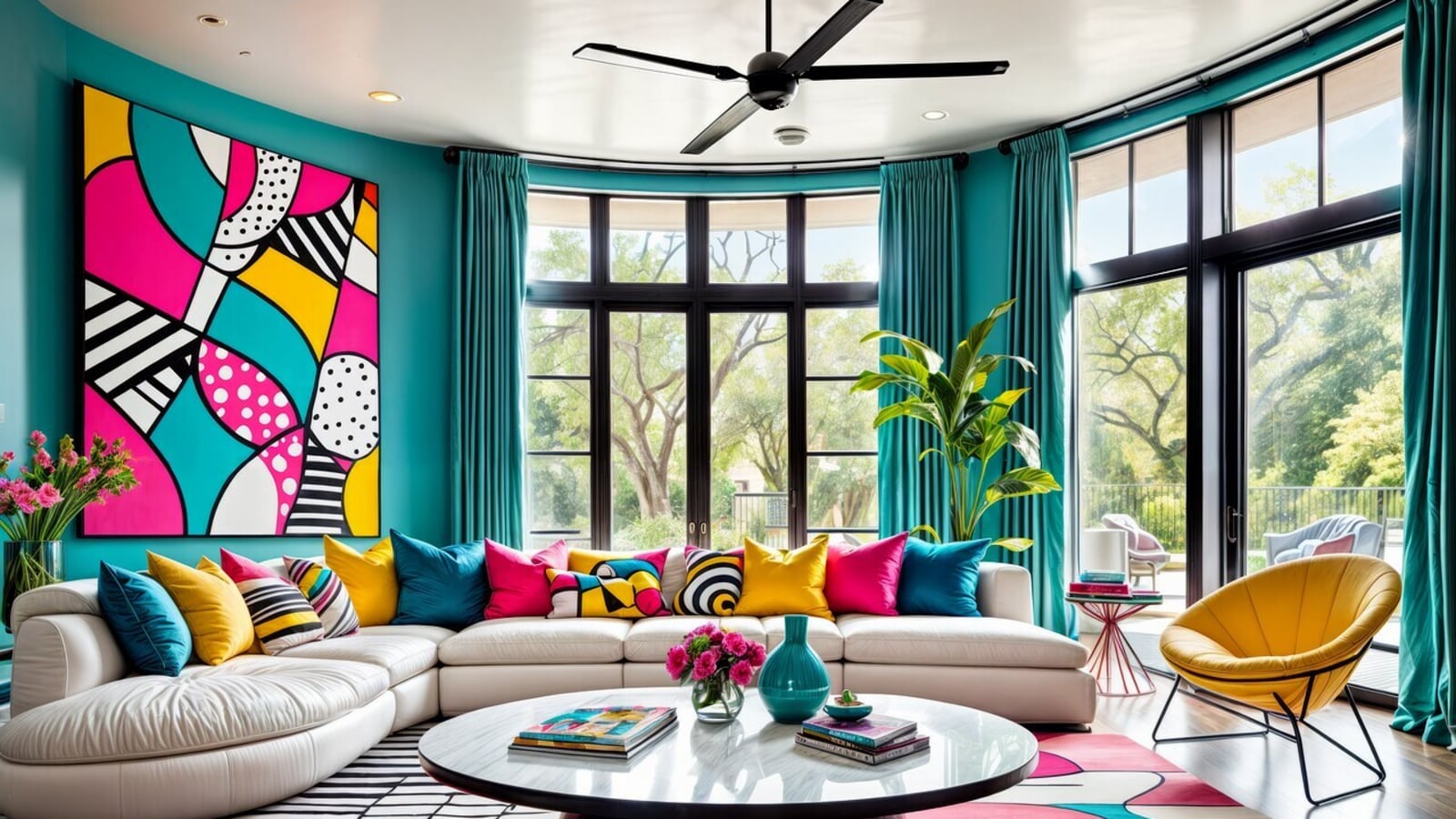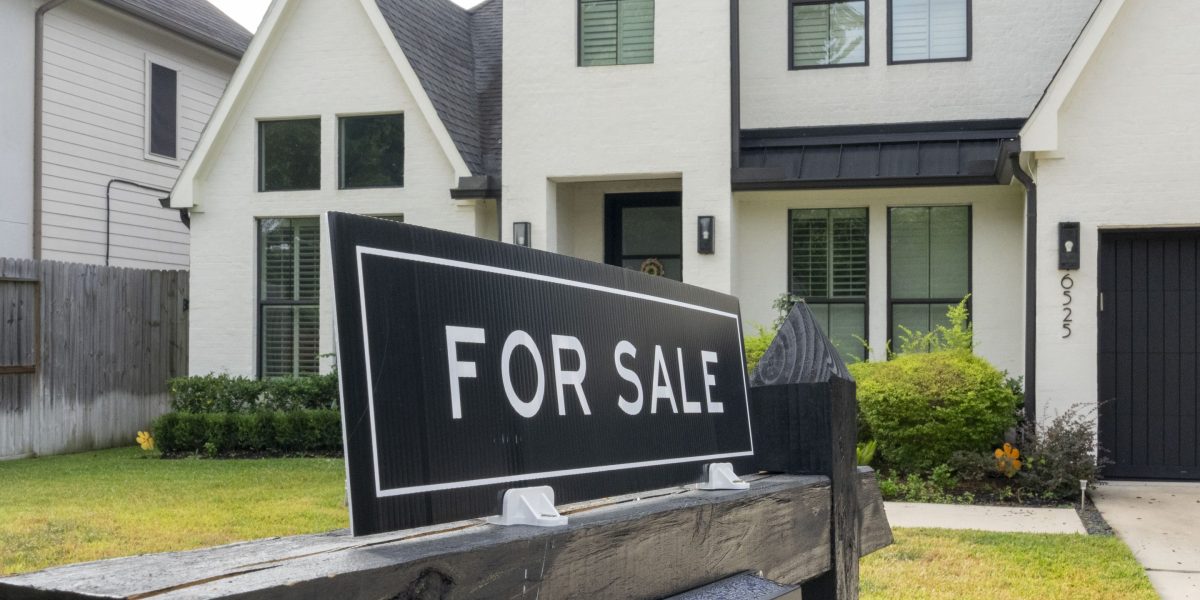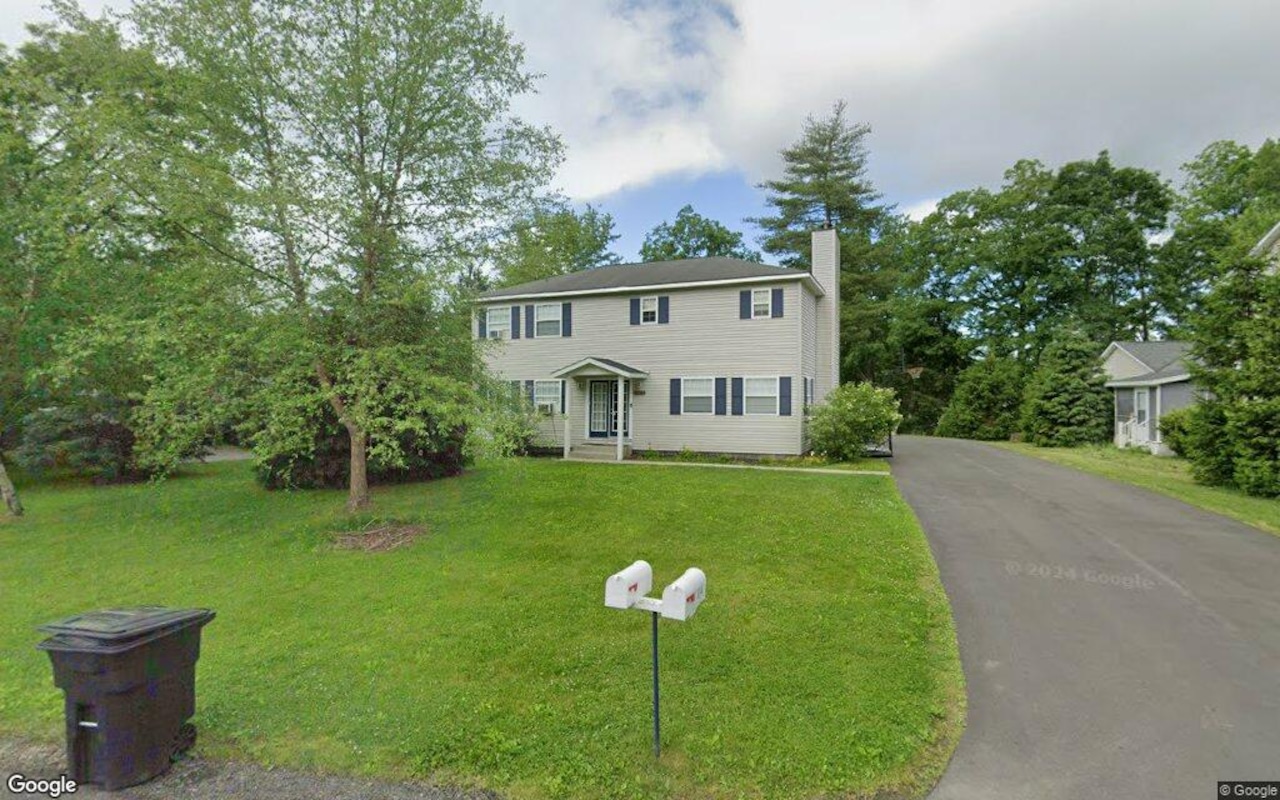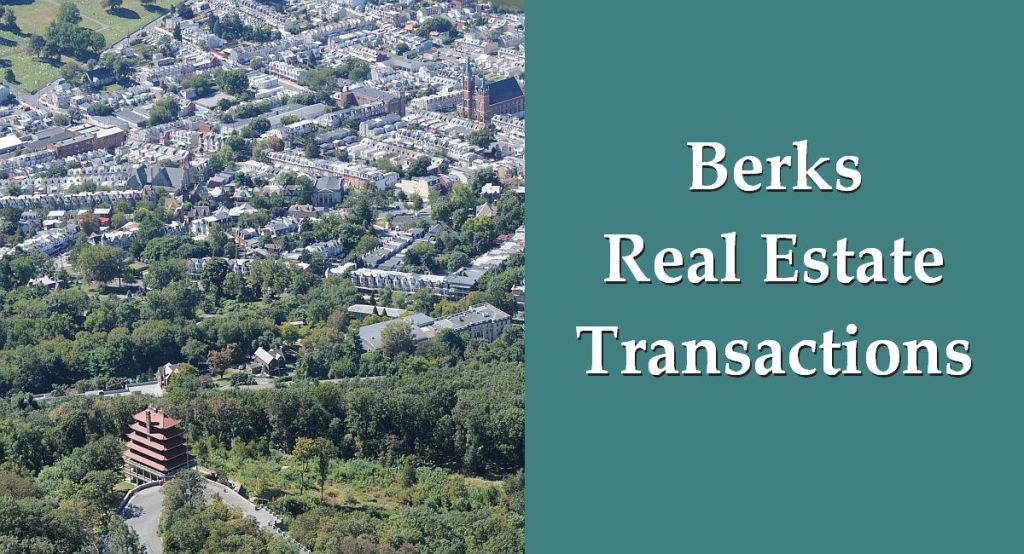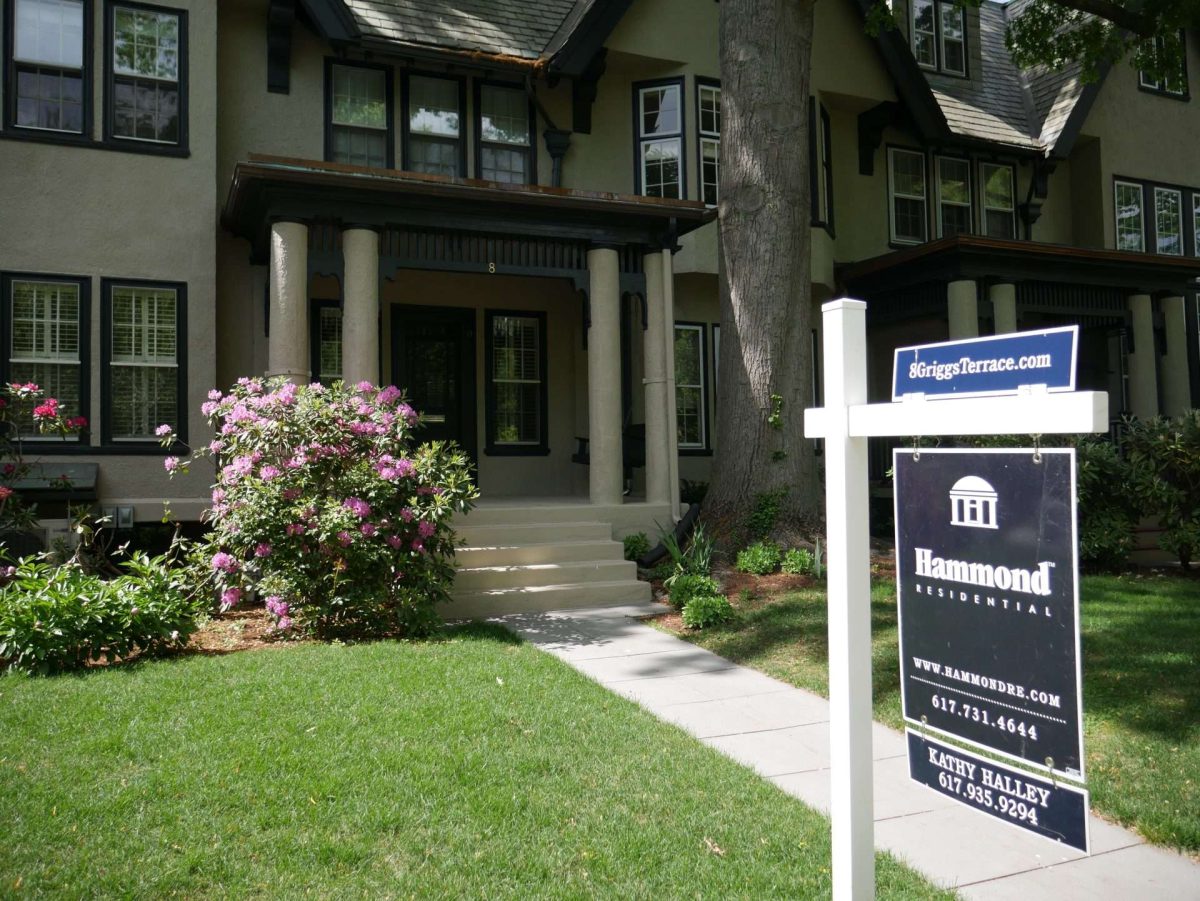A
lawyer-techie couple has booked a 3 BHK unit in a North Bengaluru project for ₹1.5 crore, setting aside a significant amount for home interiors. This trend reflects the growing preference among homebuyers to invest in luxury properties, driven by pent-up demand and rising incomes post-Covid-19 pandemic. According to Pavan Kumar, founder of White Lotus Group, the luxury residential market has experienced substantial growth over the past three years due to rapid urbanisation, increasing disposable incomes, and changing lifestyle aspirations.
However, Knight Frank India warns that relying solely on the luxury segment for sustained growth poses risks, as it caters to a limited audience. A diversified portfolio including affordable and mid-segment housing is essential to cater to the broader population and ensure long-term market stability. In fact, 46% of total home sales across top eight cities in India were concentrated in the luxury housing category, with average deal values ranging from ₹8 crore to ₹18 crore.
Experts predict that the luxury market will continue to thrive, particularly in metro cities, as demand for exclusive properties remains strong. However, they also anticipate a recovery in affordable housing in the near to medium term. Non-resident Indians are increasingly investing in Indian real estate, driven by emotional ties and fiscal prudence, with many upgrading their portfolios to newer amenity-rich homes.
Real estate stakeholders foresee a sustained rise in prices, including in the luxury segment, going forward. While sharp price jumps may not be seen, steady growth is expected due to limited supply, growing demand, and higher construction costs. The demand for high-end properties remains stable, ensuring better resale value, but factors like market conditions and evolving lifestyle trends play a role.
In the luxury segment, properties tend to hold and appreciate in value due to prime locations and unique features. Resale values are generally higher than standard properties, as they appeal to a niche market valuing exclusivity and premium amenities.
